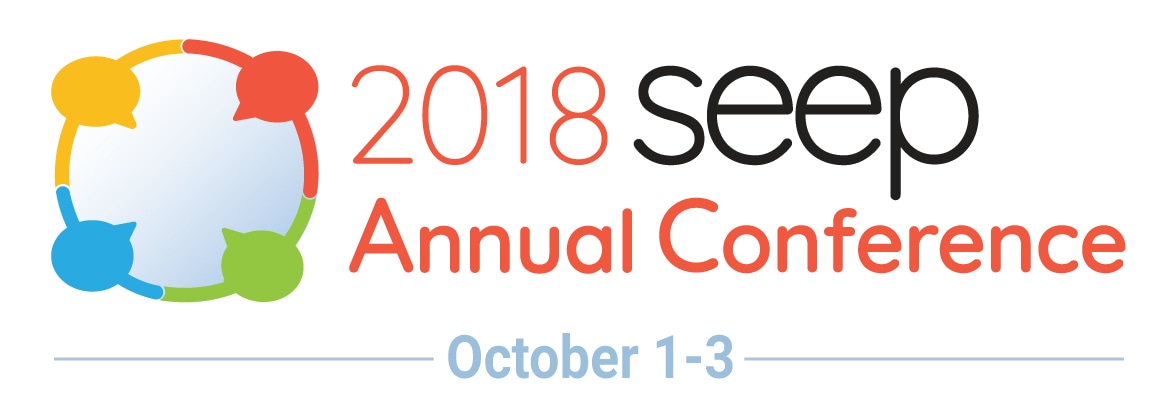
How much do we understand about the impact of Savings Groups? How do Savings Groups benefit members and their households, and how do they not? Although prior research has shown encouraging results, evidence for benefits is mixed. Come to this session to discuss findings from the latest research on the impact of Savings Groups, with a special focus on groups connected to formal financial services, groups in multi-component programs, and studies incorporating HIV and health outcomes. We will review what we currently know about outcomes and examine how we can improve our knowledge of impact and make Savings Groups work better for members.
There is huge stigma attached to persons with disabilities. Governments fail to recognize them, even though annual GDP loss due to disabilities is estimated at over $1.5 trillion globally. If our goal is financial inclusion, when disasters and conflicts yield even greater numbers of disabilities, it is a failure to leave them behind. This session highlights practical lessons of including this population among your clientele. Equitas will share its inclusive group-lending model in India. Vitas Iraq will share its nation-wide awareness campaign. Fonkoze will share its inclusive graduation model in Haiti. Handicap International will provide a macro-view across 10 countries.
Following the SEEP Women's Economic Empowerment Forum, this Quick Fire session will examine knowledge gaps on the financial inclusion of women in last mile locations. REPOA will present recent research conducted on mobile phone ownership and the uptake and usage of digital financial services among female smallholder farmers in Tanzania. The BOMA Project will present challenges of fully utilizing m-pesa and the m-chama group savings product with pastoralist women in northern Kenya. The experiences discussed draw on the BMGF Women at Center of Development learning agenda and the session will be moderated by the International Center for Research on Women
Although financial inclusion is recognized as crucial to achieving inclusive growth and is trending, gender gap still hovers stubbornly. Digital financial services offers opportunity for closing this gap, but have yet to reach scale and deepen impact through gender-inclusive financial systems. Join CARE, Post Bank, DoubleX Economy sharing insights generated from a pilot in Uganda that delivered a digital product and household gender and financial counselling. With qualitative data triangulated with psychometric data provides a better understanding of the emotional and psychological journey women undertake to "empowerment" which often has direct bearing on the positive outcome of economic empowerment intervention.
Digital financial services (DFS) are rapidly expanding in emerging markets, often with an expectation that these new technologies and channels will have a positive impact on financial inclusion and improved services. From CGAP and DAI’s global experience, however, country context, technology development, regulatory environment and government commitment to financial inclusion and consumer protection matter. This panel will examine three country scenarios - Haiti, Mozambique and Ukraine - from different technology, regulatory, context and financial inclusion/consumer protection landscapes to discuss how financial sector stakeholders are utilizing emerging fintech to enhance financial access for more vulnerable clients, not always to their benefit.
Financial Inclusion for Tea Growers through Digitizing Payments Access to Finance Rwanda is an M4P programme that has facilitated Savings and Credit Cooperatives (SACCOs) owned by tea growers and pickers to improve efficiencies in the delivery of financial services to its members. This has been done through a partnership with the Wood Foundation and a Mobile Network Operator (MNO), Tigo Rwanda. The session will detail successful efforts to assist SACCOs serving as payment channels for over 11,000 low-income tea growers to digitize operations and integrate e-wallets yielding greater liquidity and time savings that growers and pickers (especially women) can invest in their livelihoods and families. Rapid expansion demonstrates the potential for replicability to other value chains and countries.
How can we empower the unbanked and underbanked to understand and safely use financial services, so they can take full advantage of financial inclusion? This session will present three unique strategies to empower clients in savings programming focusing on high quality data collection that yield critical client insights, on leveraging digital technologies for financial education, and on service delivery innovations. Cultural, social and structural roadblocks can prevent clients from effectively accessing and utilizing financial services. We will demonstrate how, by designing interventions that better respond to poor and vulnerable people's context, financial needs and activities, these roadblocks can be removed.
